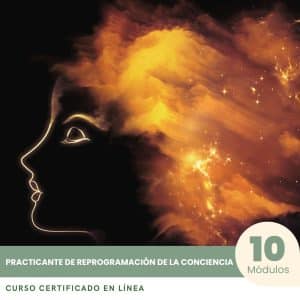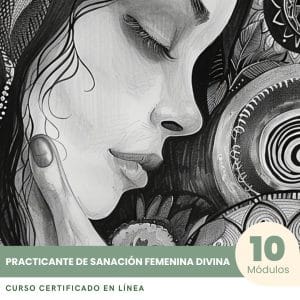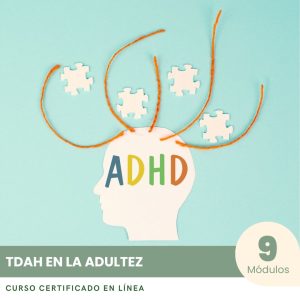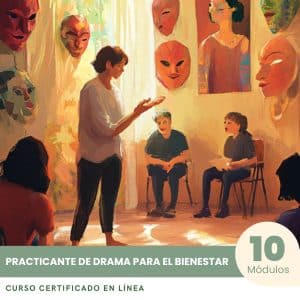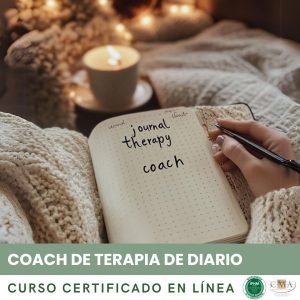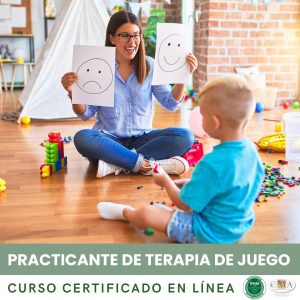6.8 – Continuous Professional Development Skills

Continuous professional development skills are essential for the Laughter Therapist. In a constantly evolving field, where scientific knowledge is enriched and practices are renewed, it is crucial to keep one’s expertise up to date. Far from being acquired once and for all, professionalism is cultivated throughout one’s career, in a process of lifelong learning.
The Laughter Therapist is driven by an insatiable curiosity. They stay informed about the latest research on the benefits of laughter in neuroscience, positive psychology, and medicine. They explore scientific publications, attend conferences, and engage with researchers. They are also interested in related disciplines that can nourish their practice: sophrology, meditation, art therapy. This active watchfulness allows them to constantly enrich their knowledge, to refine their understanding of the mechanisms of laughter.
At a conference on complementary therapies, the Laughter Therapist discovers a fascinating study on the effects of laughter on the memory of elderly people. Armed with these new insights, they imagine specific exercises to stimulate cognitive functions, which they will test in their workshops in nursing homes. This cross-fertilization between research and practice is at the heart of their professional development.
The Laughter Therapist is also a reflective practitioner. They do not just apply techniques, they constantly question their posture, their interventions, their impacts. After each session, they take the time for personal debriefing, to analyze what worked, what was more challenging. They keep a logbook, to record their observations, their questioning, their realizations. This reflective practice allows them to learn from their experience, adjust their interventions, refine their being.
Supervision is another pillar of professional development. The Laughter Therapist is keen to regularly exchange with peers, mentors, to confront their practices, share their doubts, find new leads. They participate in practice analysis groups, where each presents a complex situation and benefits from the benevolent gaze and suggestions of the group. They also request individual supervisions, to explore personal questions, work on sticking points. This outside perspective is valuable for taking a step back, stepping out of their comfort zone, considering new perspectives.
During supervision, the Laughter Therapist talks about their feeling of helplessness in the face of a particularly inhibited group, with whom they cannot create a dynamic. With the help of their supervisor, they realize they might be putting excessive pressure on themselves, trying at all costs to “succeed” in the session. This change of perspective allows them to let go, to accept the group’s resistance with more serenity. At the next session, they dare to try a new, more gradual approach, which unblocks the situation. This experience reminds them of the importance of questioning oneself, of daring to experiment.
Continuing education is essential to develop new skills. The Laughter Therapist is in constant pursuit of learning. They attend workshops to discover new laughter exercises, to integrate the contributions of other approaches. They train in group facilitation, emotion management, non-violent communication. They learn new languages, to be able to intervene internationally. Each training is an opportunity to step out of their comfort zone, to broaden their range of intervention.
By participating in a clown training, the Laughter Therapist experiences the power of self-mockery. By daring to show themselves vulnerable, imperfect, they create an immediate connection with the audience. They realize that laughter often comes from our accepted clumsiness. Armed with this revelation, they integrate more humor about themselves in their sessions, with very positive effects on the group’s relaxation. This training allowed them to touch a new dimension of laughter.
Professional development also involves sharing experience. The Laughter Therapist does not keep their skills for themselves, they are keen to pass them on. They intervene in training courses, to present their methods, to share their tools. They welcome interns, to accompany them in their professionalization. They participate in networks of practitioners, to pool resources, set up collaborative projects. This sharing is a source of mutual enrichment, which grows the whole profession.
Invited to animate a module in a brief therapy school, the Laughter Therapist sets a new challenge for themselves. To best transmit their experience, they formalize their knowledge, clarify their key principles, imagine situational scenarios. In contact with the students, passionate and challenging, they are led to deepen their knowledge, refine their arguments. This experience of transmission is incredibly educational for them. It strengthens their sense of legitimacy and their motivation to spotlight the benefits of laughter.
Professional development is also a personal journey. To be fully available to others, the Laughter Therapist takes care of themselves. They cultivate their own balance through a healthy lifestyle, a regular practice of laughter for themselves. They are mindful of their needs, their limits. They know how to take time for rejuvenation, to prevent professional exhaustion. This personal ecology is essential to keep the flame of their commitment alive.
Every morning, the Laughter Therapist allows themselves a time for laughter meditation. Alone in front of the mirror, they indulge in a few minutes of unconditional laughter, for no reason. They welcome the benefits of this self-laughter on their body, their mind, their emotions. This daily practice is their anchor, their fuel for a centered and inspired day. By nourishing their own laughter practice, they cultivate their authenticity and their joy of transmitting.
Thus, professional development is a long-term journey, made up of constant learnings, reevaluations, experiments. It is a commitment to oneself, to one’s peers, to the participants. It is a quest for excellence, nourished by curiosity, humility, generosity. By cultivating their skills with rigor and passion, the Laughter Therapist honors their mission: to illuminate laughter as an art of living and a powerful tool for individual and collective transformation.
Points to remember:
– Continuous professional development is critical for the Laughter Therapist to maintain their expertise up to date in a constantly evolving field.
– Curiosity and active watchfulness enable the Laughter Therapist to continuously enrich their knowledge by staying informed about the latest research and exploring related disciplines.
– Reflective practice, through session analysis and journaling, allows the Laughter Therapist to learn from their experience and adjust their interventions.
– Supervision, through exchanges with peers and mentors, provides a valuable external perspective for stepping back, stepping out of the comfort zone, and considering new perspectives.
– Continuous training is essential for developing new skills, broadening the scope of intervention, and daring to experiment with new approaches.
– Experience sharing, by intervening in training courses or hosting interns, allows for mutual enrichment and grows the entire profession.
– Professional development also involves a personal journey: the Laughter Therapist must take care of themselves and cultivate their own balance to be fully available to others.
– Professional development is a long-term journey, a commitment to oneself, one’s peers, and the participants, fueled by curiosity, humility, and generosity.
👉 To download docx (Editable) file click here : Click here
👉 To download PDF file click here : Click here
👉 To download MP3 file click here : Click here
